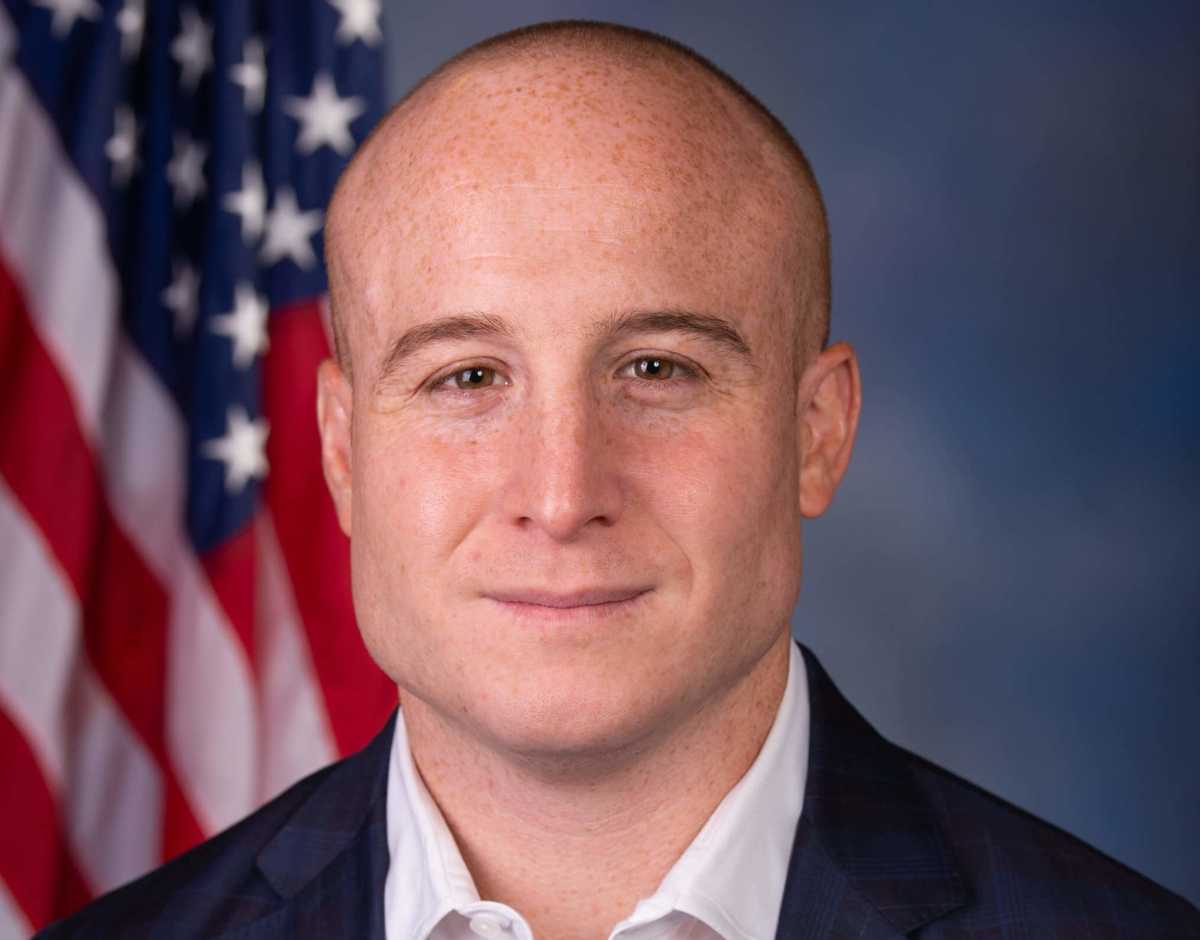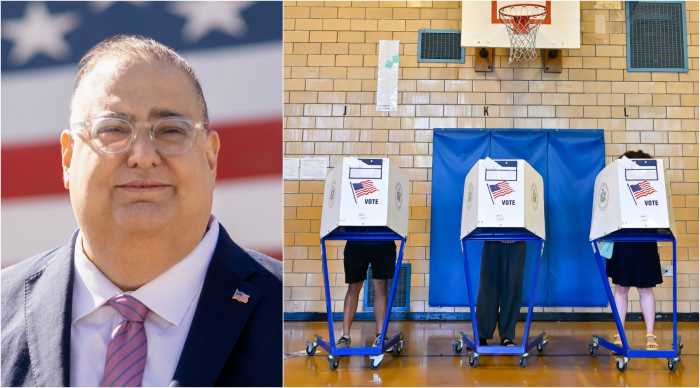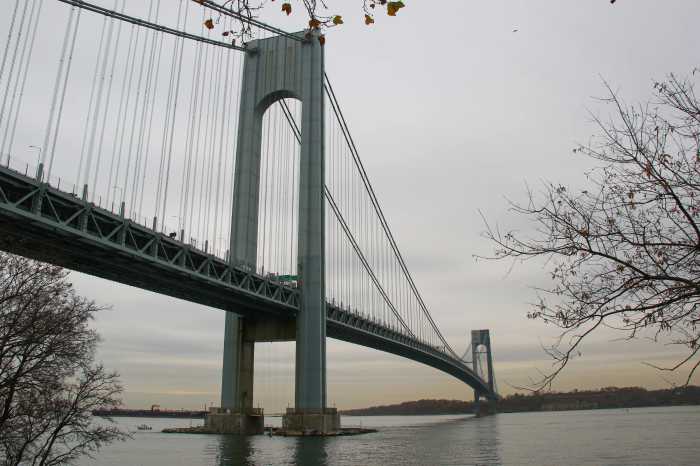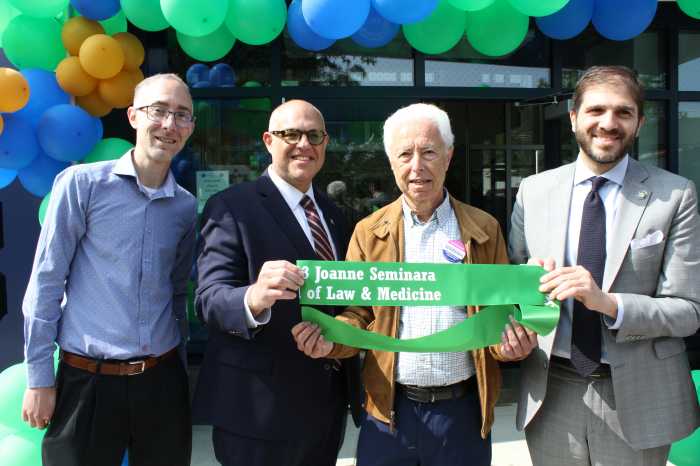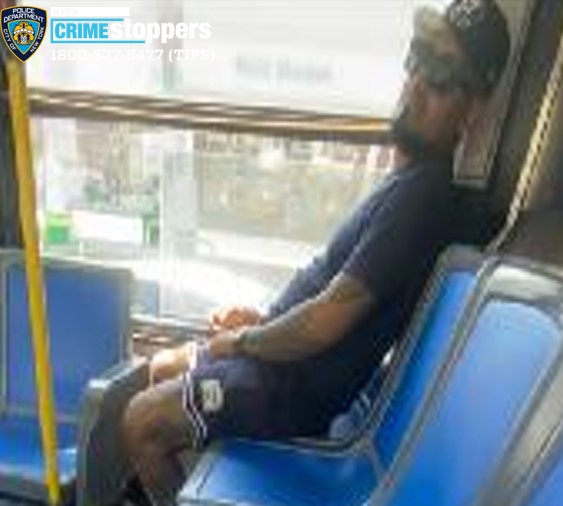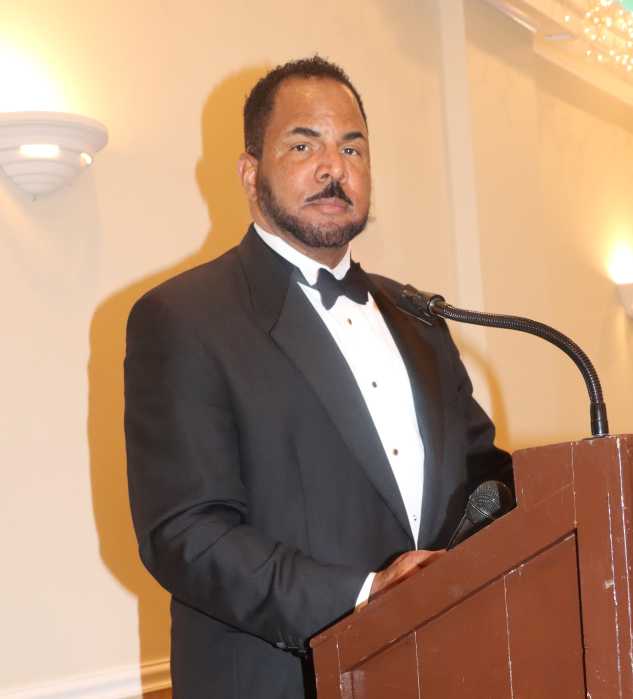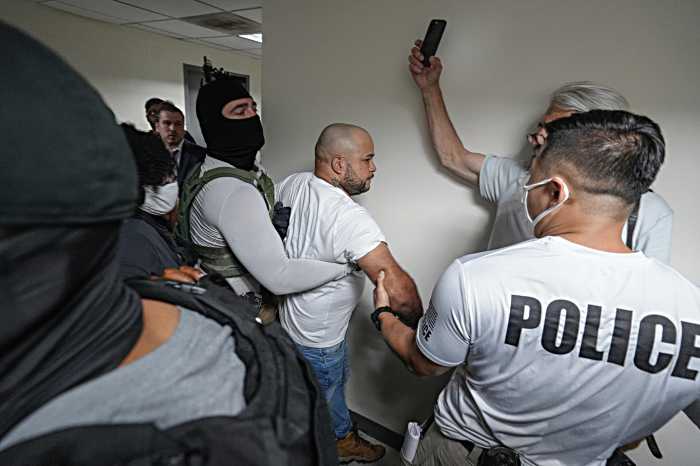Max Rose is a U.S. Representative currently serving Staten Island and a swath of southern Brooklyn that includes Bay Ridge.
To celebrate the relaunch of the Bay Ridge Courier, we’re “checkin’ in” with each of the area’s representatives to discuss a topic of their choosing. This week, we caught up with Rose about the ongoing coronavirus pandemic — and how New York City and State can take the lead when it comes to safely reopening, and beating COVID-19.
Brooklyn Paper: What kind of position do you think New York City is in right now when it comes to the pandemic?
Max Rose: I think that New York City is in a position where we can show the rest of the country how to succeed and how to safely reopen, but that means that we’ve got to take the lead. It’s a dual-track forward when it comes to protecting New York City and State from the next pandemic. That, of course, includes developing testing — testing, testing, testing — and most certainly increasing the availability of [Personal Protective Equipment].
Conversely, we also have to continue the process of reopening and that includes indoor dining — albeit not fully, figure about 50 percent capacity — but it’s about making sure that we are supporting our businesses throughout the process. That also means listening to our teachers and other professionals as it pertains to school reopening.
New York City can get this right, and if we get this right, we can show the rest of the country how to move forward.
BP: What else is needed for New York City to “get this right?”
MR: One thing I want to see is expanded testing. I see no reason why we cannot figure out how to test teachers every day, or figure out how to do pool testing in a classroom. The technology is there, but part of this comes down to what happens in Washington, DC. We need more state and local money so we can fully resource New York City and New York State as it continues to fight this fight.
That also means coming together, and it being a team effort. Not a team in terms of parties, but in terms of simply putting the country first.
BP: What are some of the ways you’ve worked to get your constituents through the pandemic?
MR: For starters, I deployed to the National Guard at the height of the pandemic, and when I got back I was able to get the city’s first drive-through testing site in my district, for my constituents. I also worked with the [The Department of Veterans Affairs] to open up VA [hospital] facilities to non-veterans, hoping to provide more New Yorkers with access to healthcare during the pandemic. I’ve continued to fight for more PPE for our hospitals and for our non-profits, and most importantly, I was able to fight for more resources for New York City in Washington, DC.
But the fight is not done yet. We can’t spike the football. We’re still in the throes of this pandemic and it has certainly proven that it is not done with us yet. There are far too many people suffering not just health-wise but economically to pretend we’re done with this. We are in the face of an unprecedented economic crisis. We need robust amounts of PPE, unemployment benefits and we really need that state and local money.
BP: What other types of support do you feel New York City needs to survive the pandemic?
MR: Aside from our local businesses and the hospitality industry, we’ve been fighting for our youth sports programs. We’ve got to make sure that they’re getting access to the government programs they need to add capital. We need to continue to preserve that absolutely vital institution for our young people, while at the same time, making sure restaurant owners and our other small business owners have what they need to keep New York City going after all of this.
Our hospitality businesses are just getting killed through no fault of their own. I come from a family of restaurant owners — we have got to be there for them. And of course, nothing is more important right now than state and local money. I don’t want to see our cops, our teachers, our sanitation workers laid off. Nothing is more important than a significant capital infusion on the state and local level for us. That, of course, comes the addition of resources — and from leadership from the White House.
And then I think that we need to look at testing. We have a right to a vaccine — that is irreplaceable — but in the absence of a vaccine, if we were able to build out a system that tests every single American once a week, we will be able to beat this in ways that other places can’t. Only the federal government can do that.
BP: Looking beyond COVID-19 relief efforts, what else have you and your office homed in on over the course of the last few months?
MR: While Staten Island feels like the forgotten borough, South Brooklyn often feels like it’s the forgotten part of this district — well not anymore. And it doesn’t matter big or small, I’ll fight for South Brooklyn. That’s why I’m proud to have secured millions for bus upgrades in Brooklyn, after years of inaction finally got the mayor to install guardrails on the Belt Parkway, reunited families torn apart by the Muslim Ban, and secured millions in benefits for my constituents. It’s also why when Con Edison failed miserably in the aftermath of Tropical Storm Isaias, I was on the front lines in Dyker Heights where trees were fallen, trapping people in their homes for over 24 hours without power until Con Edison finally heard our calls and showed up.
The fact is, Con Edison failed us and I won’t stop pressing to hold them accountable and protect consumers.


